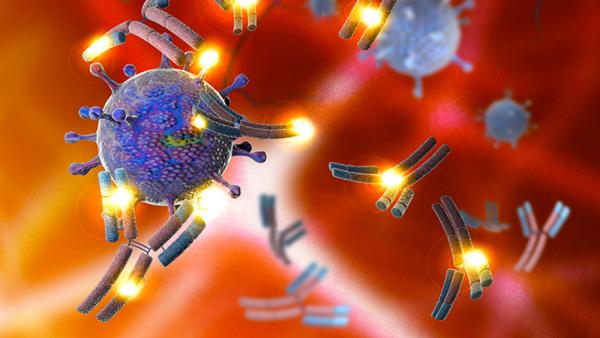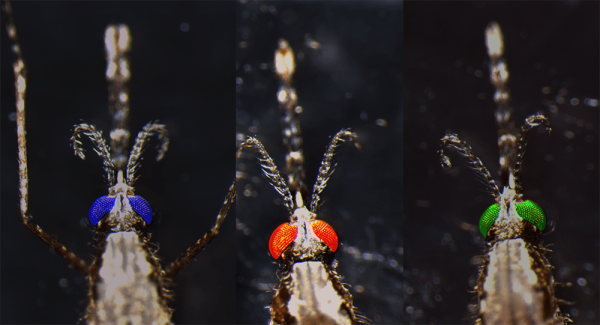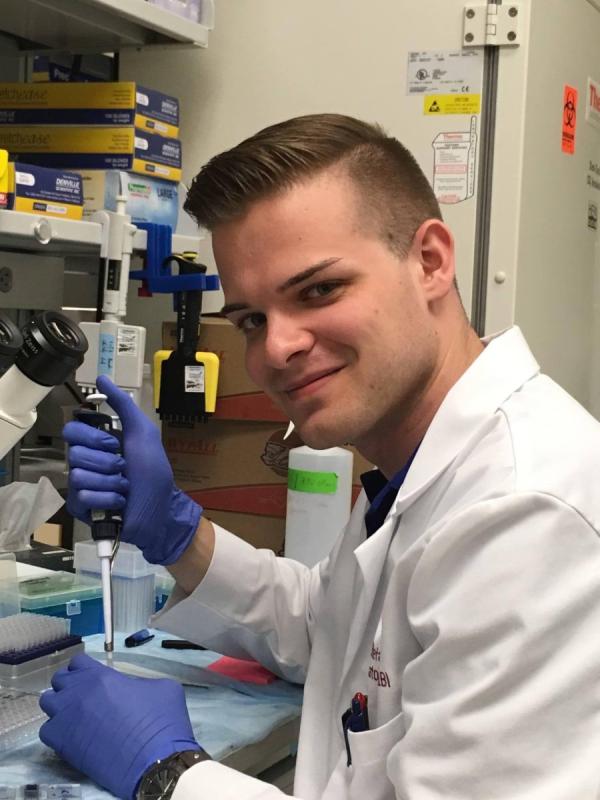NIH Mourns Two Accomplished Cancer Researchers
A Tribute to Drs. James M. Phang and John J. DiGiovanna
The IRP is deeply saddened by the recent passing of two members of its community, James "Jim" M. Phang, M.D., and John J. DiGiovanna, M.D. Dr. Phang passed away on January 29 after a months-long struggle with esophageal cancer. Dr. DiGiovanna died on February 6, more than two years after his diagnosis of metastatic pancreatic cancer.










